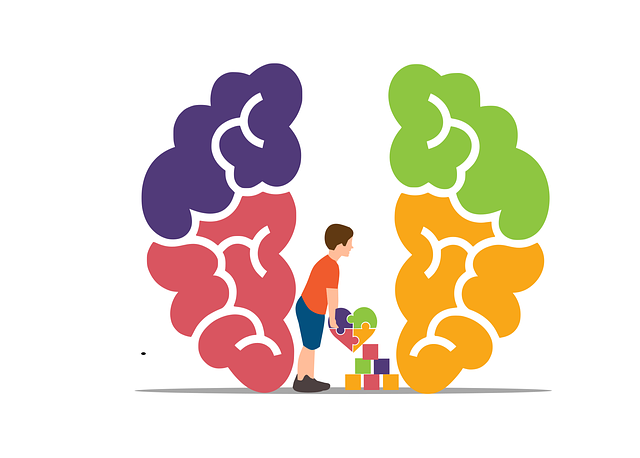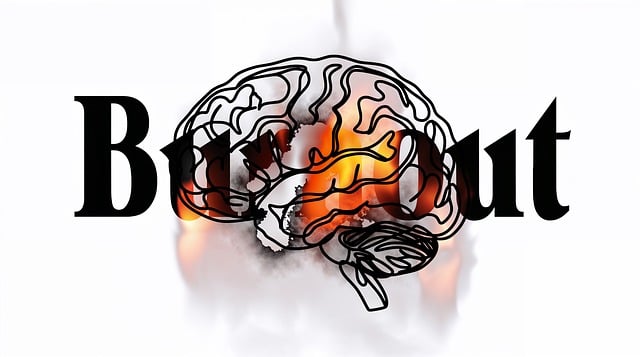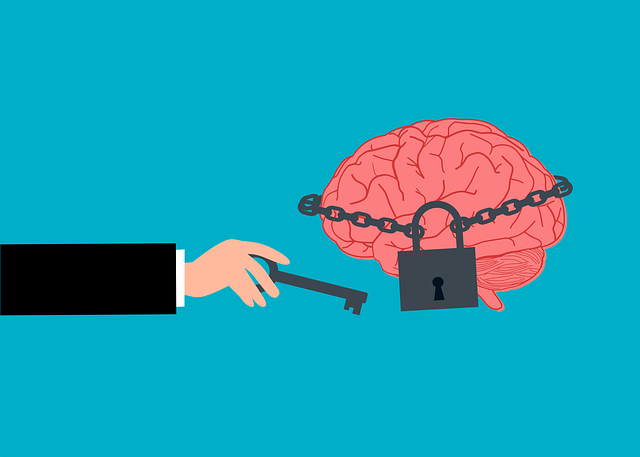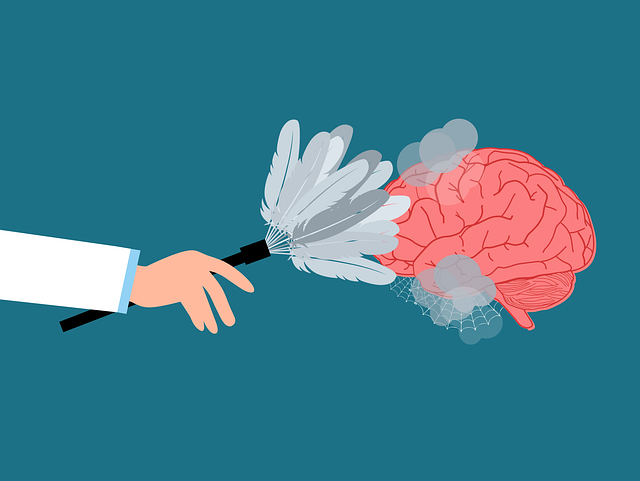Longmont Biofeedback Therapy offers a unique solution to combat healthcare provider burnout, addressing high stress levels and heavy workloads. By teaching emotional regulation and self-esteem improvement through biofeedback practices, this therapy enhances resilience and prevents mental fatigue. A supportive work environment, including risk assessments and tailored interventions like Stress Management Workshops, further mitigates burnout. Incorporating mindfulness and self-care rituals into daily routines helps healthcare professionals maintain optimal mental health, preserve job satisfaction, and improve patient care quality.
Healthcare provider burnout is a growing concern, impacting not just individuals but the entire healthcare system. This article explores effective strategies to prevent and mitigate burnout among healthcare workers. We delve into understanding the root causes, from long hours to emotional demands. Key solutions include integrating Longmont Biofeedback Therapy for stress reduction, fostering supportive work environments, encouraging self-care practices, and implementing communication strategies that enhance job satisfaction.
- Understanding Burnout Among Healthcare Providers
- The Role of Longmont Biofeedback Therapy in Stress Reduction
- Creating a Supportive Work Environment
- Encouraging Self-Care Practices
- Implementing Effective Communication Strategies
Understanding Burnout Among Healthcare Providers

Burnout among healthcare providers is a growing concern, with high stress levels, long working hours, and heavy patient loads contributing to significant mental fatigue and emotional exhaustion. This phenomenon, characterized by feelings of cynicism, detachment, and ineffectiveness, can severely impact not just the professionals’ lives but also patient care quality. Recognizing burnout at its early stages is crucial; symptoms often include physical and emotional exhaustion, decreased job satisfaction, and increased irritability or cynicism.
Longmont Biofeedback Therapy offers a promising approach to addressing these issues by teaching healthcare providers techniques for emotional regulation and self-esteem improvement. By integrating biofeedback practices into their routines, professionals can enhance their ability to manage stress, thereby fostering better emotional well-being promotion techniques. This proactive strategy not only benefits individual practitioners but also contributes to the overall resilience of the healthcare workforce, ensuring they remain dedicated and effective in delivering quality patient care.
The Role of Longmont Biofeedback Therapy in Stress Reduction

Longmont Biofeedback Therapy is a highly effective tool in the ongoing battle against healthcare provider burnout. This innovative treatment approach focuses on empowering professionals to take control of their stress levels and emotional well-being. By utilizing biofeedback techniques, mental health practitioners can learn to regulate physiological responses to stressful situations, thereby reducing the impact of chronic stress and its associated risks.
Incorporating Longmont Biofeedback Therapy into a comprehensive risk management planning strategy for mental health professionals is beneficial. It facilitates depression prevention by teaching individuals to recognize early warning signs of stress and triggers, enabling proactive measures. Furthermore, it contributes to resilience building, equipping healthcare providers with the skills needed to navigate challenging situations while maintaining optimal mental health.
Creating a Supportive Work Environment

Creating a supportive work environment is paramount to preventing burnout among healthcare providers. This involves cultivating a culture that prioritizes mental well-being and encourages open communication. Longmont Biofeedback Therapy, for instance, offers tools for stress reduction and emotional regulation, fostering an atmosphere where professionals can learn to manage their workload effectively. Empathy building strategies, when implemented, help in strengthening the bond between healthcare workers and patients, reducing job-related stress significantly.
Organizations should also consider regular Risk Assessment for Mental Health Professionals to identify burnout triggers early. This proactive approach allows for tailored interventions, including Stress Management Workshops. By organizing such workshops, institutions can equip their staff with valuable coping mechanisms and resilience-building strategies. Engaging in these initiatives ensures a healthier, more engaged workforce, ultimately enhancing patient care and job satisfaction.
Encouraging Self-Care Practices

In the high-pressure environment of healthcare, burnout is a significant concern among providers. Encouraging self-care practices is a proactive approach to mitigate this issue and can be a game-changer for those on the front lines. Longmont Biofeedback Therapy offers a unique way to manage stress by teaching individuals how to regulate their emotional responses through Mind Over Matter principles. This technique, often overlooked in traditional medical training, empowers healthcare workers to take charge of their mental well-being. By incorporating self-care rituals, such as meditation and mindfulness exercises, into their daily routines, professionals can improve emotional regulation and prevent burnout.
A comprehensive strategy involves a Risk Assessment for Mental Health Professionals, identifying early warning signs, and implementing tailored interventions. This proactive approach ensures that healthcare providers have the tools to maintain resilience in the face of constant challenges. Through these self-care practices, medical professionals can enhance their ability to provide quality care, ensuring they are equipped with the emotional resources necessary to navigate the demanding landscape of modern healthcare.
Implementing Effective Communication Strategies

Healthcare provider burnout is a growing concern, but implementing effective communication strategies can mitigate this issue. Longmont Biofeedback Therapy offers a unique approach to addressing burnout by combining Inner Strength Development and Emotional Regulation techniques. Through mindfulness practices, healthcare professionals learn to manage stress and cultivate resilience, enhancing their ability to connect with patients and colleagues alike.
By integrating Mind Over Matter principles, providers can transform their mindset and gain control over their emotional responses. This proactive approach encourages open and honest communication, fostering a supportive environment that is crucial for preventing burnout. The techniques learned can help healthcare workers navigate challenging situations more effectively, ensuring they maintain their well-being while delivering quality patient care.
Healthcare provider burnout is a significant issue, but with the right strategies, it can be mitigated. By understanding burnout and its causes, healthcare professionals can benefit from evidence-based practices like Longmont Biofeedback Therapy for stress reduction. Creating supportive work environments that encourage self-care and effective communication fosters resilience and well-being. These holistic approaches, combined with access to resources like Longmont Biofeedback Therapy, are essential steps towards a healthier, more sustainable career in healthcare.













